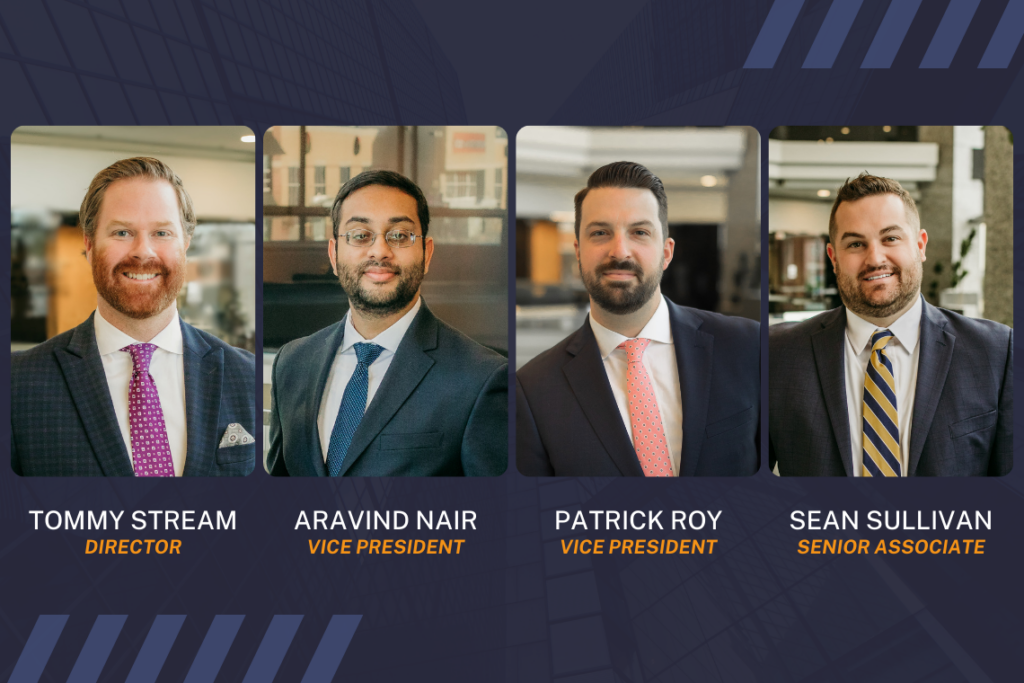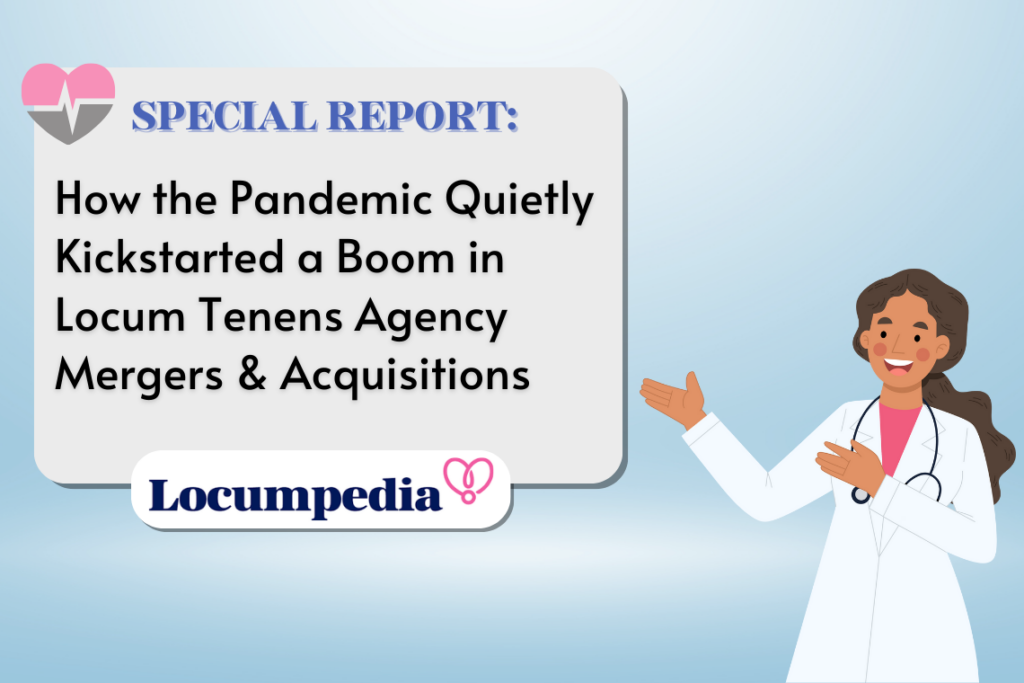DATE: May 14, 2020
Re-posted from Middle Market Growth, The Official Publication of ACG, By: Benjamin Glick
During a meeting late last year with a large telecommunications company, Brent Baxter was surprised by some of the questions coming from the multibillion-dollar acquirer. Eighty percent of the company’s acquisitions are below $150 million, putting them squarely within the middle market. Still, its corporate development team asked Baxter, a managing director at investment bank Nolan & Associates, foundational questions about representations and warranties insurance—coverage regularly used in M&A transactions.
“They’re competing in acquisitions with private equity in the middle market and their knowledge of it is way behind,” Baxter says. “And they’re being advised by Goldman Sachs and Credit Suisse.” The conversation was the latest confirmation for Baxter of the need for more corporate development resources in the middle market, something he has advocated for more than a decade.
Creating Compelling Value
As a way to bring together members of the corporate community, ACG St. Louis formed its Corporate Peer Group more than 10 years ago, while Baxter was assisting the chapter as membership chair. He had noticed there were few programs devoted to corporate development, even though about a third of the chapter’s 350-plus members are employed by large companies.
“There was a desire for those individuals to create stronger local networks, but there were limited options for them,” he says. Now, the group convenes six times a year for two hours on a Tuesday morning. A typical meeting starts with an introduction of a member, who shares information about their company and describes a recent acquisition, challenge or strategy.
Members of the Corporate Peer Group range from chief financial officers and corporate counsels to treasurers, controllers, business development and chief strategy officers, and directors of M&A strategy. The meeting might include an expert speaker, panel or Q&A session. Some sessions focus on a specific theme, like reps and warranties insurance or cybersecurity.
Past speakers have included business owners and chief financial officers of multibillion- dollar companies. “We’re always looking for ways to enhance the member experience,” says Gregory Coonrod, vice president and corporate controller at Barry-Wehmiller Companies, a manufacturing technology and services provider, and a member of the Corporate Peer Group since the beginning.
At one early meeting, members of public relations firm FleishmanHillard discussed their first potential acquisition in a particular South American country and their concerns about risk. Immediately, a participant from industrial giant Emerson volunteered to give the PR firm pointers and to set up a subsequent meeting. “That wouldn’t have happened without the network,” Baxter says. Soon after, a large manufacturer and a health care provider agreed to work together on a project to address disruption in their respective industries, an idea that stemmed from a conversation at a Corporate Peer Group meeting.
The group formalizes the collaboration among ACG St. Louis members that’s been happening since the chapter was founded in the late 1980s. “Many of the members of the Corporate Peer Group are close personal friends of mine,” says Steven Rasche, executive vice president and chief financial officer at Spire, a public utility company. “We’ve all gone through good and bad deals together.”
According to Rasche, over the years the group has helped him transition into new roles, source new opportunities, and solve problems when managing recently acquired companies. “The most valuable thing is the relationships we’ve built,” he says. “That’s what makes this group so cohesive and such a compelling value proposition when somebody’s thinking about joining ACG.” Like many in the group, Rasche is equally devoted to offering help as he is to receiving it. On multiple occasions, he says he’s used his prior experience working in the health care, manufacturing and energy industries to help program participants navigate the complexities of growing a business.
Like Rasche, Coonrod is eager to share his experience from more than 110 transactions he’s been involved in over his 25-year career. “Almost every time, somebody will say, ‘Hey, have you ever done a deal that looked like this? And how did you handle these things?’ That helps make the group more valuable to me, too, because I’m able to share more of what I know.”
Trust is a major underpinning of the program, which it promotes through an interactive and confidential environment. Limiting the group to corporate development professionals also helps keep people engaged, members say. “I love bankers and lawyers and accountants, but they don’t really understand managing working capital,” Coonrod says. “It’s nice to have some other people to say, ‘Hey, how are you dealing with X, Y, Z?’ I think that’s really the benefit of putting likeminded people in a room.”
Building a Corporate Community
Having held leadership roles at ACG St. Louis, Baxter has gone on to join the ACG Global board of directors— he’s currently vice chairman—and has helped launch corporate development programs on a national scale. As part of those efforts, he looked at the breakdown of ACG’s membership and found there are more than 1,000 corporate members across the organization.
Those members tend to be concentrated in certain markets, where local ACG chapters have higher-than-average corporate participation. “We have a very large corporate constituency, but it is siloed in a handful of chapters who have launched successful corporate initiatives,” Baxter says. Today, about 30 ACG chapters have corporate programs or are working to develop them.
Last fall, ACG Global launched its Strategic Acquirer Summit with help from Baxter, who served as co-chair alongside Lion Equity’s head of business development, Aaron Polack. ACG’s community of lawyers, accountants, attorneys and other advisers can be a draw for corporate development professionals looking for transaction services, especially as those acquirers expand into smaller markets in search of targets.
But as ACG St. Louis has shown, there’s also value in spending time with other corporate development leads. Although the Corporate Peer Group has grown since its launch a decade ago, would-be members must apply to join and wait to be accepted. “That just ensures we’re maintaining the balance of the group,” Coonrod says.


